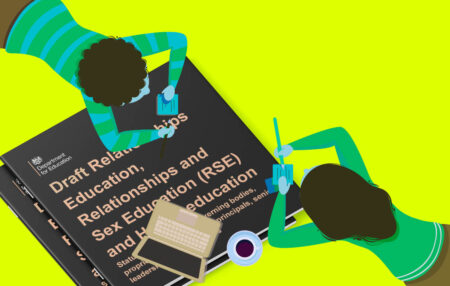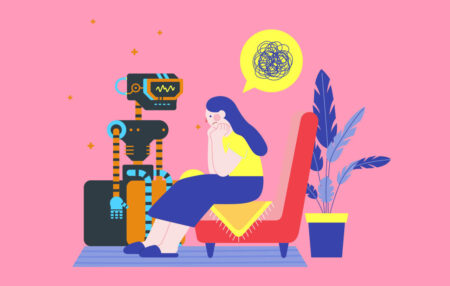How teaching well-being in schools can improve educational outcomes.
May 2024 | Reading time: 4 minutes
Table of Contents
What is well-being?
Well-being is a state in which students can develop their potential, learn and play creatively. In school, this includes students feeling safe, valued and respected which in turn enables them to be actively and meaningfully engaged in academic and social activities. To achieve an overall sense of well-being students, need to have positive self-esteem, self-efficacy and a sense of autonomy.
Can this be taught?
At Eliza Education we firmly believe that teachers can help students to develop skills that improve their overall sense of well-being.
This includes some PSHE education in the traditional sense where young people are taught the facts around many aspects of health such as nutrition and exercise, sexual health and health choices such as vaccination.
It also includes showing young people what healthy relationships look like.
However, this ‘teaching’ is often at odds with the messages and social norms that now exist online.
For example, we can teach young people that a physically intimate relationship should exist when two people trust, respect and value each other, and are able to talk about and make decision regarding consent, personal preference, contraception and sexual health. However, new social norms mean that for many young people sex has become an almost transactional aspect of getting to know someone, rather than the evolution of trust, care, attraction and affection within a relationship. This is largely due to how relationships are depicted online. So, we also need well-being education to help young people reject harmful behaviour, expectations and assumptions that have become the social norm in some online environments in order that they might make the best decisions for themselves and not feel pressured to do things that might be harmful to their mental and physical health.
Helping them to do this starts with self-worth. However, teaching, or telling someone that they have worth, then by definition stops being self-worth and is worthiness based on someone else’s opinion.
What we can practically teach is self-awareness. And this is the first step towards developing a strong sense of self-worth.
One of the things the Eliza program aims to do is to help teachers and other school staff emphasise the importance for regular, meaningful reflection. Students who experience the Eliza program will then start to think:
“If I am shown that it is worth taking time to observe my thoughts and feelings, I will learn that my thoughts and feelings have worth”
So, we can’t teach every aspect of well-being, but we can give young people the tools, information and space to start to develop this for themselves. This is far more powerful than simply removing obstacles from their path such as removing their phones during school hours, or only making healthy food choices available to them as it allows them to learn to make those choices for themselves as they believe that they are worth caring for and protecting.
How does this impact other educational outcomes?
A young person who as a good overall sense of well-being and is generally ‘happier’ has significant advantages over those who do not report themselves to be generally happy.
This is because dopamine, the brain chemical, is released when someone is in a more optimal state of well-being. Dopamine doesn’t only make people feel safe, relaxed and happy, but also switches on all the learning centres in the brain. [1].
Data has shown that a brain that is happy is up to 31% more effective than a brain that is negative, neutral or stressed. [2].
So often, in society and in school we are driven to believe that is we work harder, we will do better, and be more successful, and therefore happier. However, when we do this in an environment like a secondary school where we are constantly assessing students and suggesting ways in which they might improve, we are always moving the goalposts. Our students learn that if they do well, we raise their target, and they now must do better. And to be happier, they must work harder so they are able to do better. In short, we are constantly pushing happiness over the cognitive horizon.
At Eliza education we want to flip this formula so that we are working towards improving happiness levels in young people by giving them impactful and meaningful well-being education. This includes strategies to help them alter their perspective of the world.
We know that it is not reality that shapes us but the lens through which our brains view the world that shapes our reality.
If we change the lens, we change happiness and every single educational outcome at the same time. [3].


